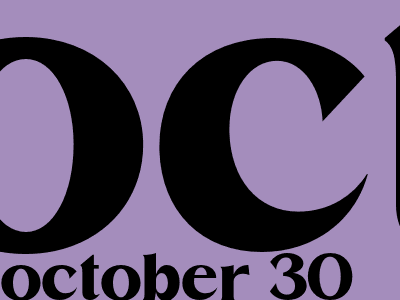
Understanding Postpartum Depression: A Guide for Mothers and Loved Ones
Introduction
Postpartum depression (PPD) is a common and serious mental health condition that can affect women after childbirth. It is estimated that up to 15% of women experience PPD, and it can have a significant impact on the mother's well-being, her relationship with her baby, and her family life.
Symptoms of Postpartum Depression
The symptoms of PPD can vary from woman to woman, but some common symptoms include:
- Feeling sad, anxious, or irritable most of the time
- Having trouble sleeping or eating
- Feeling overwhelmed or unable to cope
- Losing interest in activities you used to enjoy
- Having thoughts of harming yourself or your baby
Causes of Postpartum Depression
The exact cause of PPD is not known, but it is thought to be caused by a combination of factors, including:
- Hormonal changes after childbirth
- Sleep deprivation
- Stress and anxiety
- A history of depression or anxiety
Treatment for Postpartum Depression
Treatment for PPD typically involves a combination of medication and psychotherapy.
- Medication: Antidepressants can be effective in treating the symptoms of PPD.
- Psychotherapy: Therapy can help women to understand and cope with their symptoms, and to develop coping mechanisms.
Self-Care for Postpartum Depression
In addition to professional treatment, there are a number of things that women can do to help themselves cope with PPD.
- Get plenty of rest: This can be difficult with a newborn, but it is important to try to get as much sleep as possible.
- Eat a healthy diet: Eating a healthy diet can help to improve your mood and energy levels.
- Exercise: Exercise can release endorphins, which have mood-boosting effects.
- Seek support from family and friends: Talk to your partner, family, or friends about how you are feeling. Joining a support group can also be helpful.
Conclusion
Postpartum depression is a serious condition, but it is treatable. If you are experiencing symptoms of PPD, it is important to seek professional help. With the right treatment and support, you can recover from PPD and enjoy your new baby.